11 Common Travel Scams and How to Deal With Them
Signing up for credit cards through partner links earns us a commission. Terms apply to the offers listed on this page. Here’s our full advertising policy: How we make money.
Update: One or more card offers in this post are no longer available. Check our Hot Deals for the latest offers.
One of my biggest pet peeves is believing that I’ve been had. It’s the worst feeling to realize you’ve been ripped off! Over the years I’ve definitely had my fair share of encounters with scammers, but have luckily been able to avoid any major loses, to both my wallet and my self-esteem.
Here’s a list of some of the most common scams you’ll see while traveling. Including a few pro tips on how to avoid them and what to do if you find yourself getting swindled.
If you want more travel tips, then subscribe to our newsletter to get them delivered straight to your inbox. And if you’re looking to travel more, but for less, be sure to check out our list of the best credit cards for travel.
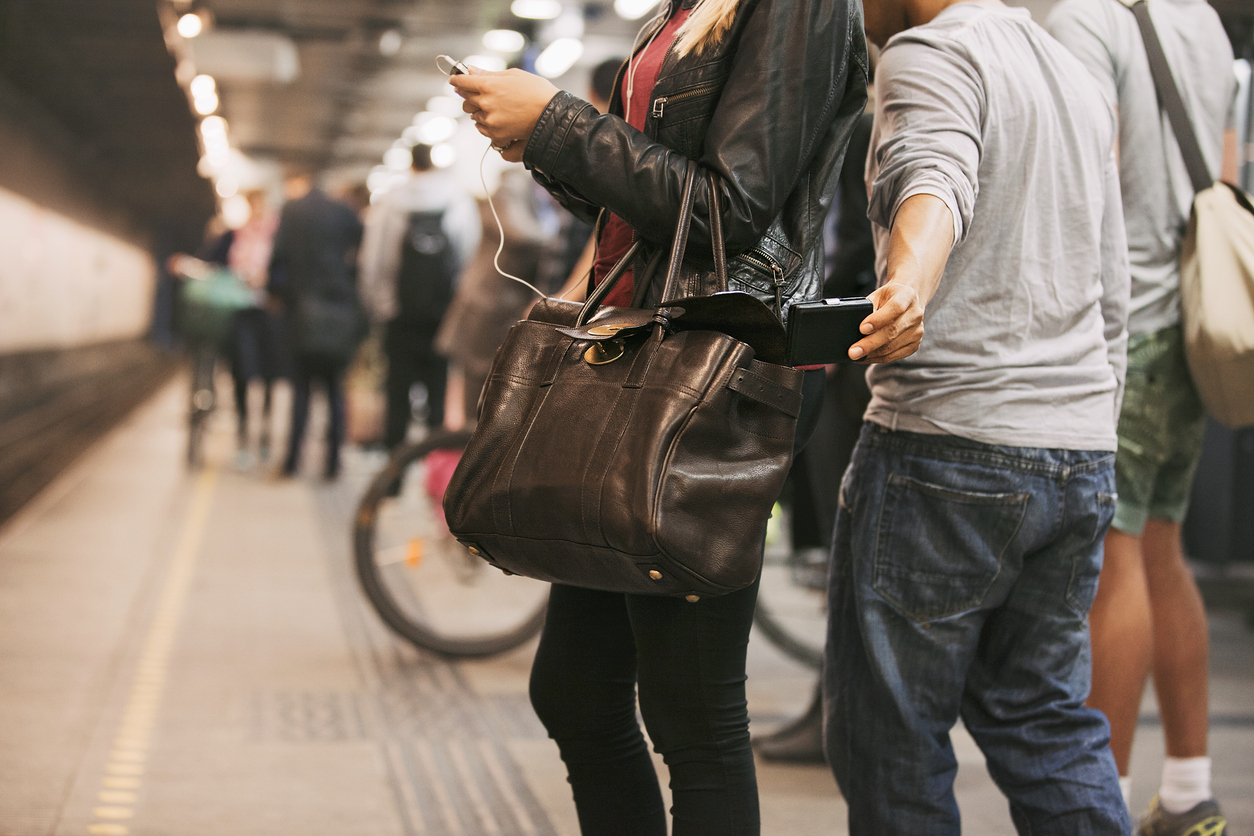
Now before you head out on your next adventure, you can be prepared!
11 Common Travel Scams
1. The Free Trinket or Flower

I’ve encountered this scam nearly everywhere I’ve traveled. Someone stops you on the street and hands you a beautiful flower, slips a pretty braided bracelet on your wrist or offers you a sprig of Rosemary for good luck.
Once you have it, they’ll demand money. And if you refuse they’ll try and cause a scene. If this happens to you, be firm and politely decline the “gift.”
2. The Photo Opportunity

This trick is common near popular tourist locations, where the scammers can easily target people who are hoping to catch that perfect photo. Think of a Pope look-a-like outside of the Vatican…who wouldn’t want that picture?
Just remember, these tricksters will be more than willing to hop in the photo with you, but will likely demand to be paid afterward. There are also other places (like Times Square) where “street performers” make a living by dressing up and taking photos with tourists.
If you take a photo with them or of them, they’ll want to be paid. But the problem is, they aren’t always upfront about this transaction. So before you take any pictures of characters, get permission first.
3. The Broken Taxi Meter

It’s a bit easier to avoid this trick with the prevalence of services like Uber and Lyft. But in spots where ridesharing hasn’t taken off yet, the “broken taxi meter” scam is still alive and well.
So pay attention and always confirm the price before you hop into the car! Also, if a taxi driver offers you a flat price to take you to a destination, be careful. Sometimes they will end up demanding the agreed upon price per person instead of for the ride as you expected or they’ll try to twist the deal in their favor.
4. Knockoff Goods
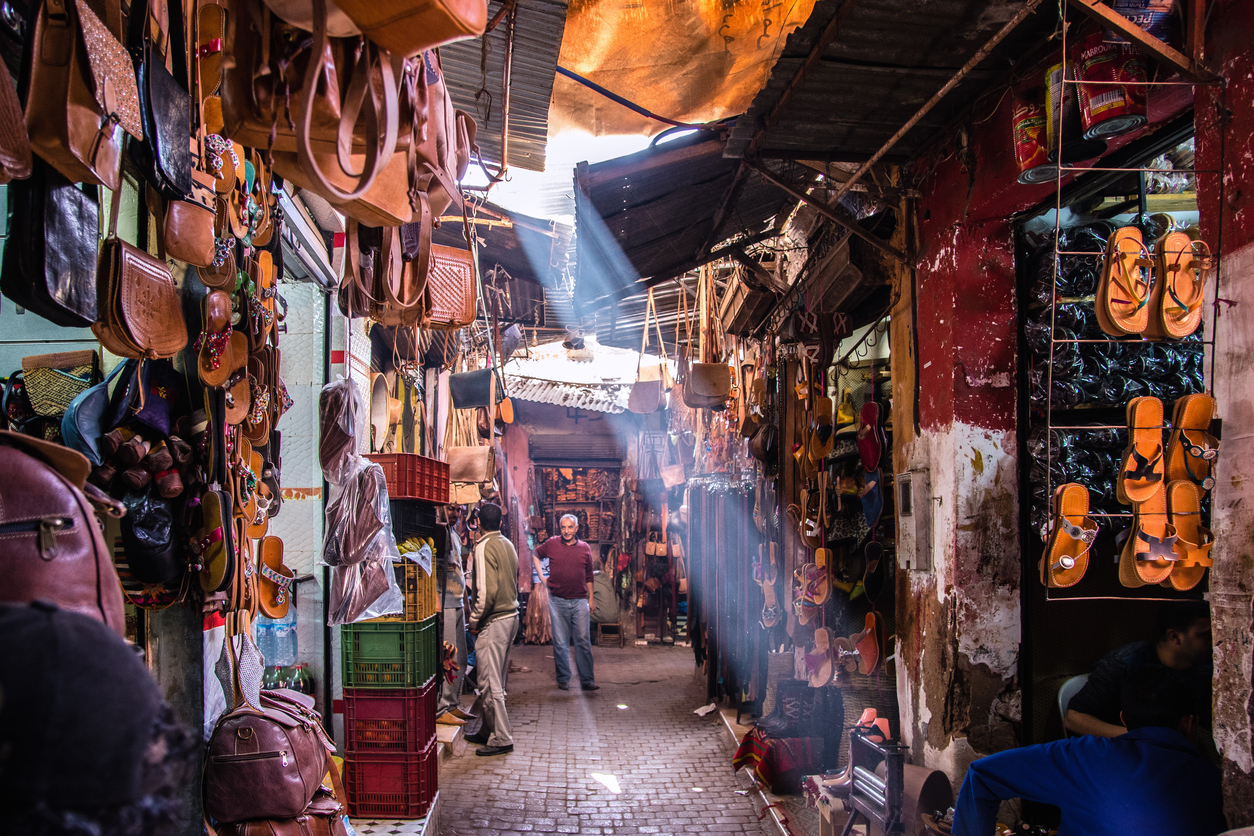
This is another case where paying attention is key. You might be presented with a genuine product at first, but the scammer might do a switch-a-roo without you noticing.
Another trick is someone offering to wrap up your purchase for safekeeping. It sounds like a great idea, but then the scammer switches out the genuine item and leaves you with a fake. So be sure that once you agree to purchase something it doesn’t leave your sight before you take it home.
5. Deceitful Beggars
Don’t get me wrong, there are a lot of people in this world that need help, and I’m happy to give spare change to those I believe to be really down on their luck.
But it’s important not to always be too trusting of everyone you encounter who is asking for money. Sometimes these scammers are part of a larger operation, with a ring of them trying to guilt friendly tourists into giving them money. They’ll even go as far as using children to beg for them!
If you want to give something, consider buying food or clothing for them. Oftentimes the scammers will refuse these sorts of gifts, while someone truly in need will gladly accept the offer.
6. The Overbooked or Closed Hotel
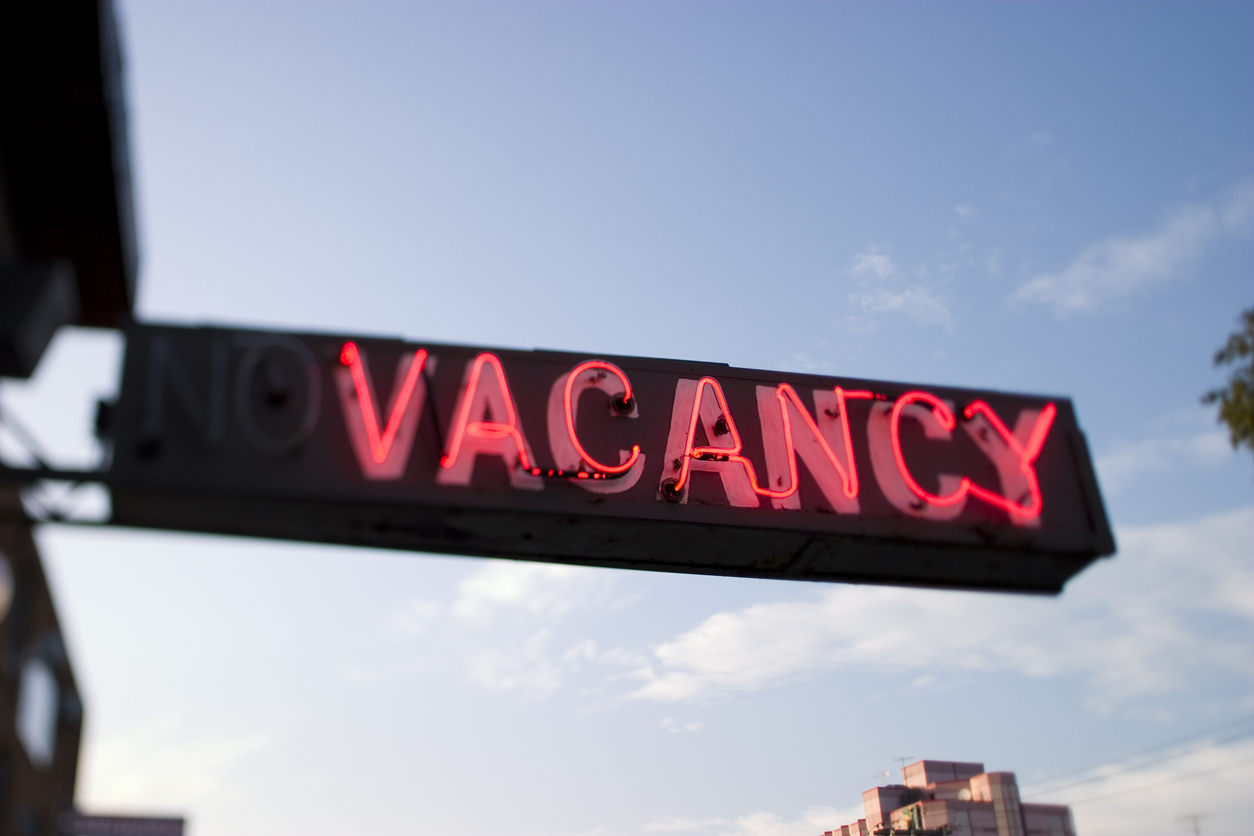
Has this ever happened to you? You find yourself in a taxi headed to your hotel, only to be told by the driver that it’s overbooked or closed. It’s a bummer, but he’s happy to drive you to a different spot (yeah, right).
In actuality, he or she will get some sort of kickback for taking you to said new hotel. So don’t fall for this one. Just continue to insist that they take you where you’d planned to go. Eventually, they’ll give up….hopefully. 🙁
7. The Wrong Change
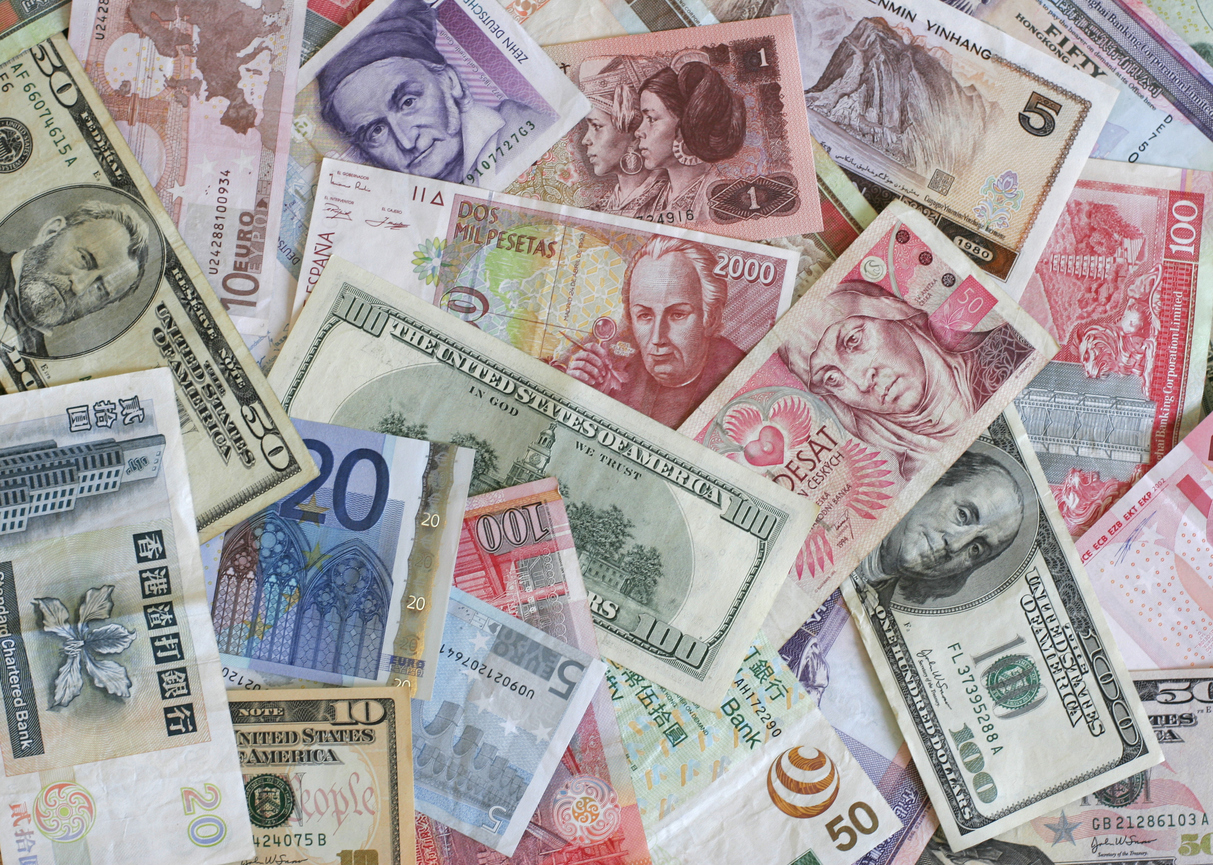
This is a classic, but it can go down a couple of different ways. Sometimes it’s as simple as just handing you the wrong change after paying a bill. The scammer knows you’re dealing with a foreign currency and is counting on the fact that you just won’t be paying close attention.
Another trick is to actually try to switch out a bill. You might hand someone a 50, for example, and they then insist you only handed them a 5, after having switched out the bill.
And always be sure to pay in the local currency because merchants will never give you a favorable exchange rate.
8. An Overeager Helper
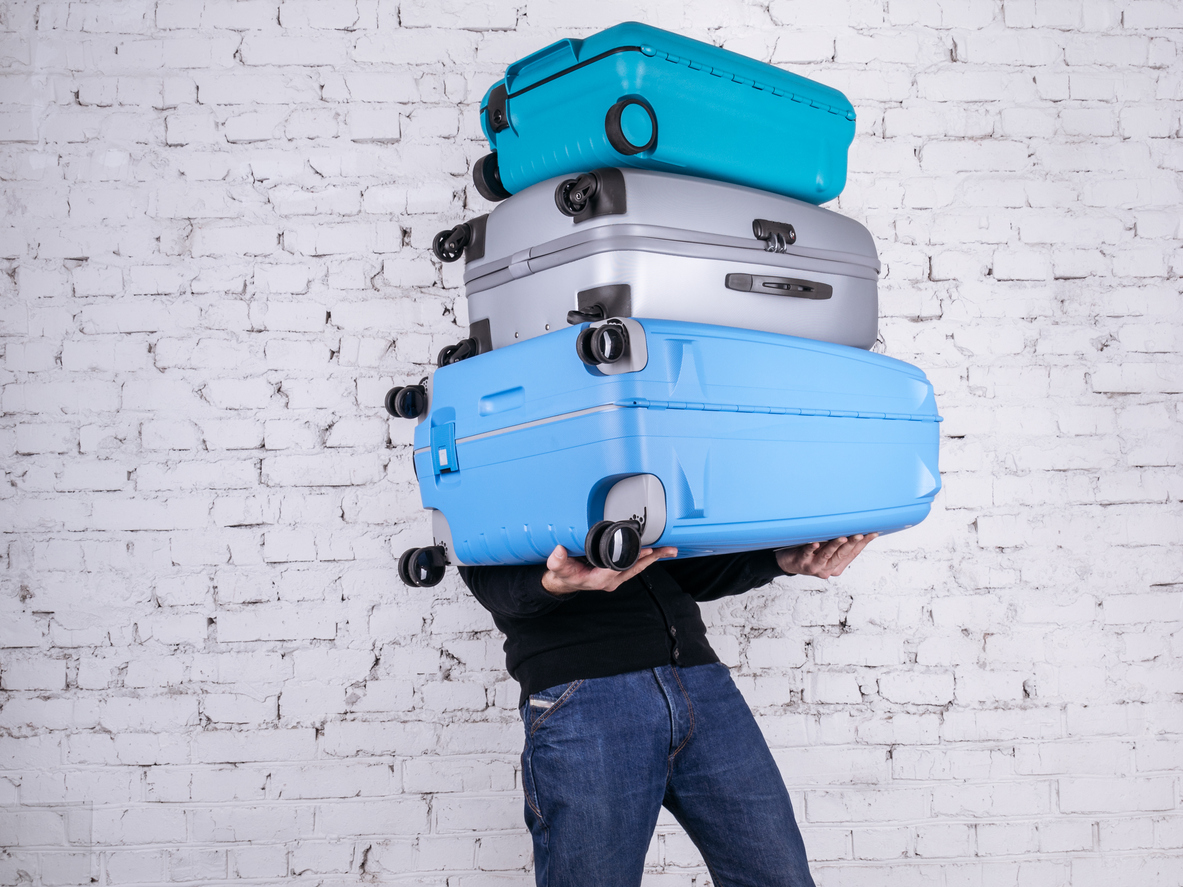
I’ve encountered this issue numerous times in various countries. I find it happens a lot at airports and train stations, in particular. These scammers might offer to carry your bags or help you find the “perfect” hotel, but they’ll end up demanding money in the end.
It may be a cynical view to have, but I always operate under the assumption that strangers are likely looking for something from you. It’s far less likely that there’s just a friendly person who happens to be there waiting to help you out.
9. The Pickpocket
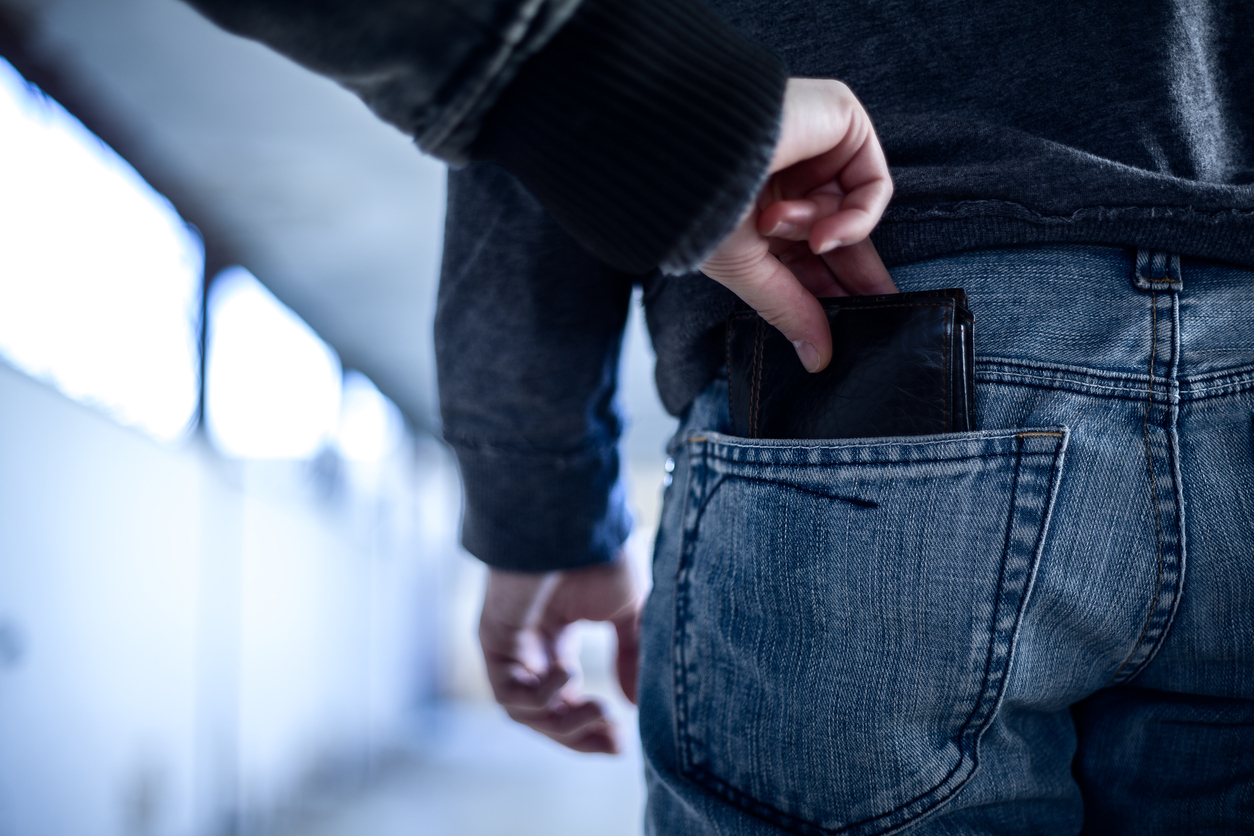
Being pickpocketed can happen anywhere, not just while traveling. It’s always important to keep an eye on your valuables, especially when you’re in a crowd or on public transportation.
Sometimes, pickpockets will work in teams. One person will create a distraction, while the other person moves in for the theft. And sometimes the pickpocket will create some sort of event to enable them to get closer to you.
One such event is the “sign the petition” scam, where someone with a clipboard approaches you and asks that you sign a petition. They’re usually “petitioning” to help save deaf children or puppies (or something of the sort…you get the idea). Once you move in close to sign the paper, they’ll pickpocket you. Or, after you’ve signed, they’ll ask for a donation to help the cause. Don’t fall for this trick. Your money will most certainly never make it to help anyone but the scammer.
10. Differing Prices for Tourists

This may be the scam that bothers me the most because it’s so blatant. In many countries, tourists are charged more than locals, for everything from entry fees, to transportation costs, to a soft drink. I’ve personally dealt with this in Argentina, Egypt, the UK, and Cuba, for example.
In Argentina, they charge tourists more than locals for entry into national parks. In Cuba, a tourist might pay 10X more than a local for a bottle of Sprite (they even have a different currency for tourists!). And in Egypt, a boat taxi operator on the Nile tried to charge me 50X more than he was charging locals for a ~10-minute ride across the river.
It’s so infuriating! Especially because this isn’t the way we treat tourists in the US, so it just feels wrong. But it’s something you will probably encounter at some point during your travels. And you’ll have to decide for yourself how you want to deal with it.
11. Untrustworthy Uber Drivers
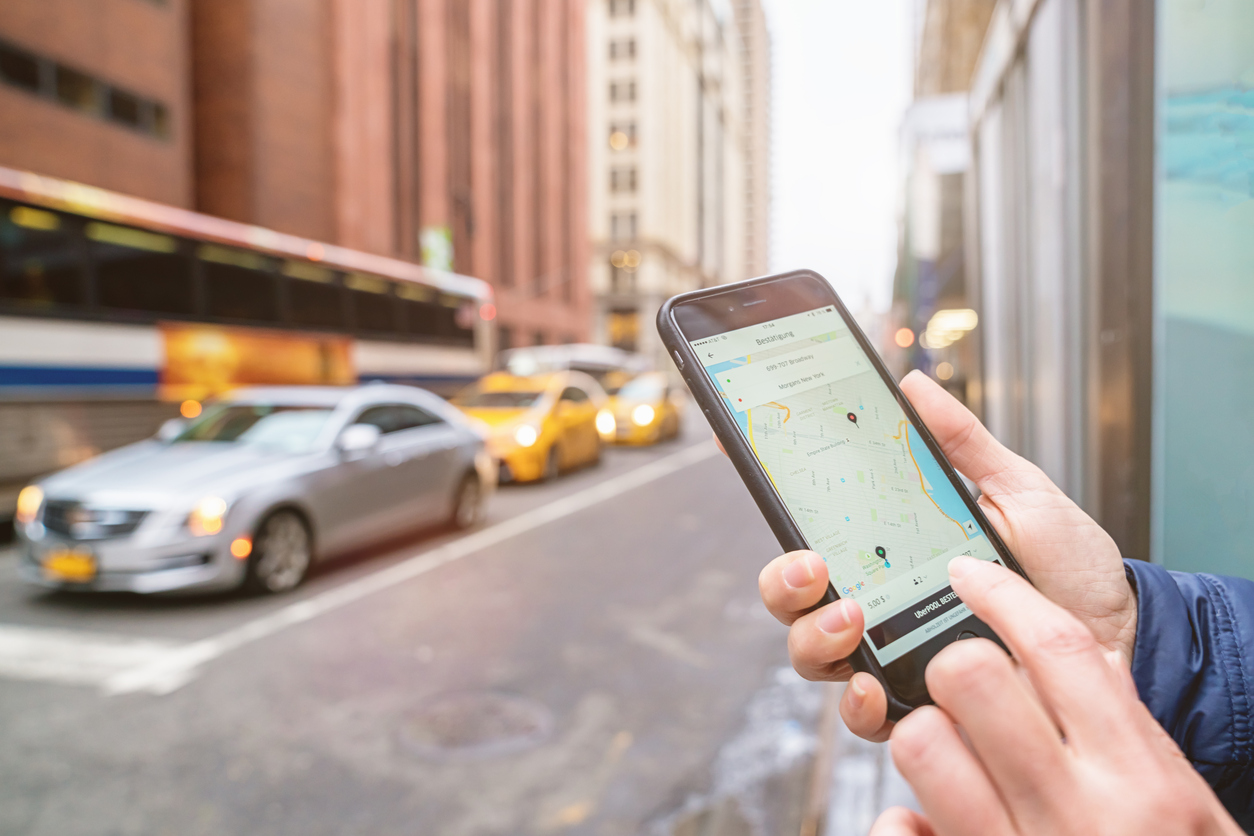
Uber has long been one of the top ridesharing services, and while they’ve built a (seemingly) trustworthy brand, there are many reports of Uber drivers essentially forcing passengers to cancel rides. On the surface, this seems harmless aside from the hassle of having to find another driver. But these scammers are actually charging riders a cancellation fee!
This scam is really common at airports, but it can happen anywhere. Here’s how it works…
You get off your flight and order an Uber. You’re paired with a driver and the driver calls to ask where you’re going. At that point, the driver gives you some excuse as to why they’re unable to give you a ride. They might claim your destination is too far away, for example, and they’ll ask you to cancel the ride.
The thing is, by that time, Uber’s 2-minute time limit for canceling a ride without incurring a fee has passed. So, you’re either forced to cancel and pay the fee ($5 for regular Ubers or $10 for an SUV or black car) or wait for a driver that’ll likely never show up.
It’s good to know that Uber’s terms of service actually prohibit drivers from asking riders their destination before they are picked up. And drivers who have an above average cancellation rate can be removed from the platform. So if you think you’re being scammed by a driver, don’t feel pressured to answer any of his or her questions!
Plus, you can always dispute the cancellation fee with Uber support. And many folks have had luck in easily getting their cancellation fee refunded.
Tips for Dealing With a Scam
The best way to avoid any scam is to be hypervigilant and try to avoid being put in a compromising situation from the start.
Be confident and trust your gut. If it doesn’t feel right, don’t worry about the possibility of offending someone. I’ve been in a few heated “discussions” before while defending myself. 😉
When you’re buying something or paying for a service, ask about the price up-front. It also helps to carry smaller bills, that way you might not even need to ask for change.
And of course, leave any valuables at home and keep your bag or purse close when you’re out in public. Many people like using money belts or hidden pockets. It’s a great way to fend off pickpockets!
Have you been the victim of any frauds? How were you targeted and how did you handle it? Share your story in the comments!
If you want to stay on top of travel news and deals, be sure to follow us on Instagram!
Editorial Note: We're the Million Mile Secrets team. And we're proud of our content, opinions and analysis, and of our reader's comments. These haven’t been reviewed, approved or endorsed by any of the airlines, hotels, or credit card issuers which we often write about. And that’s just how we like it! :)






Join the Discussion!